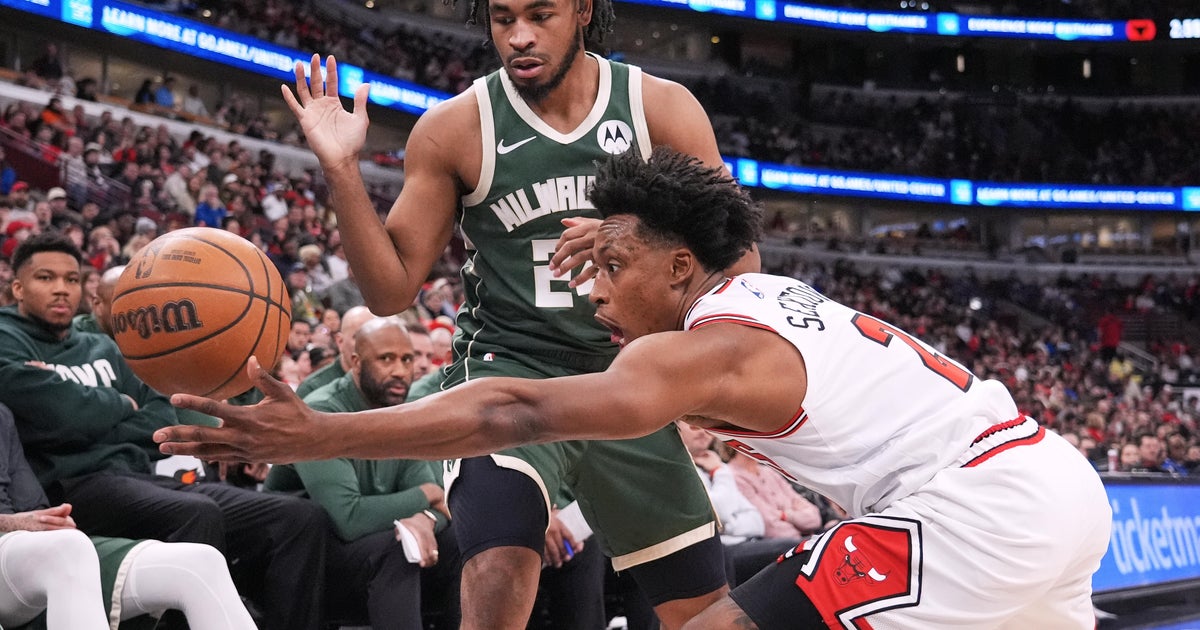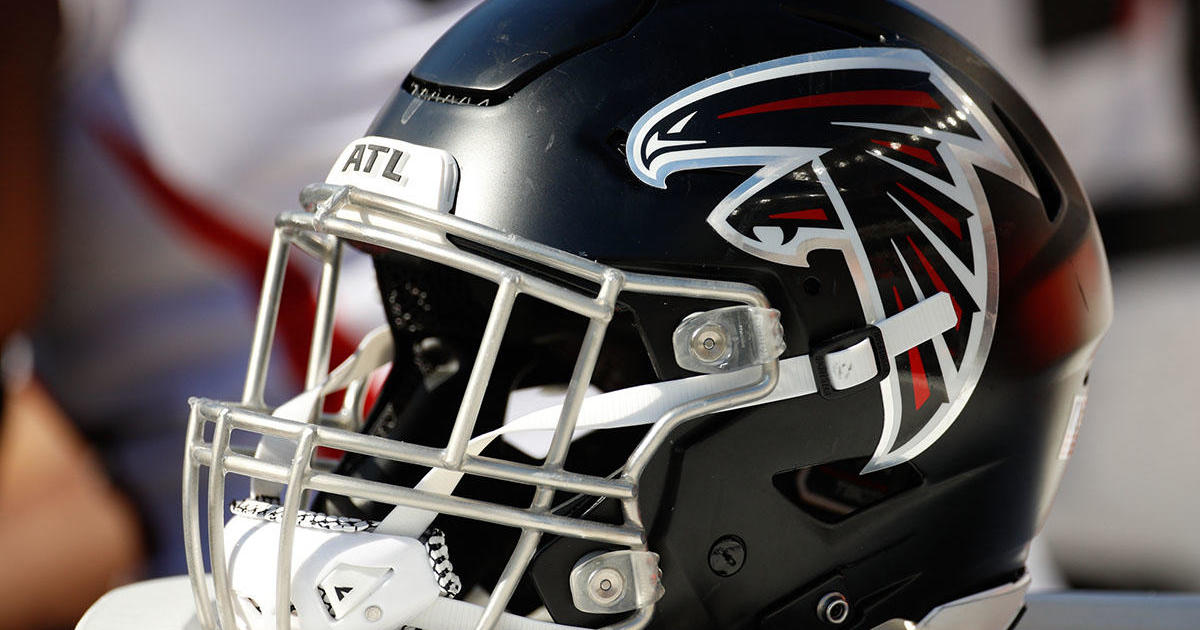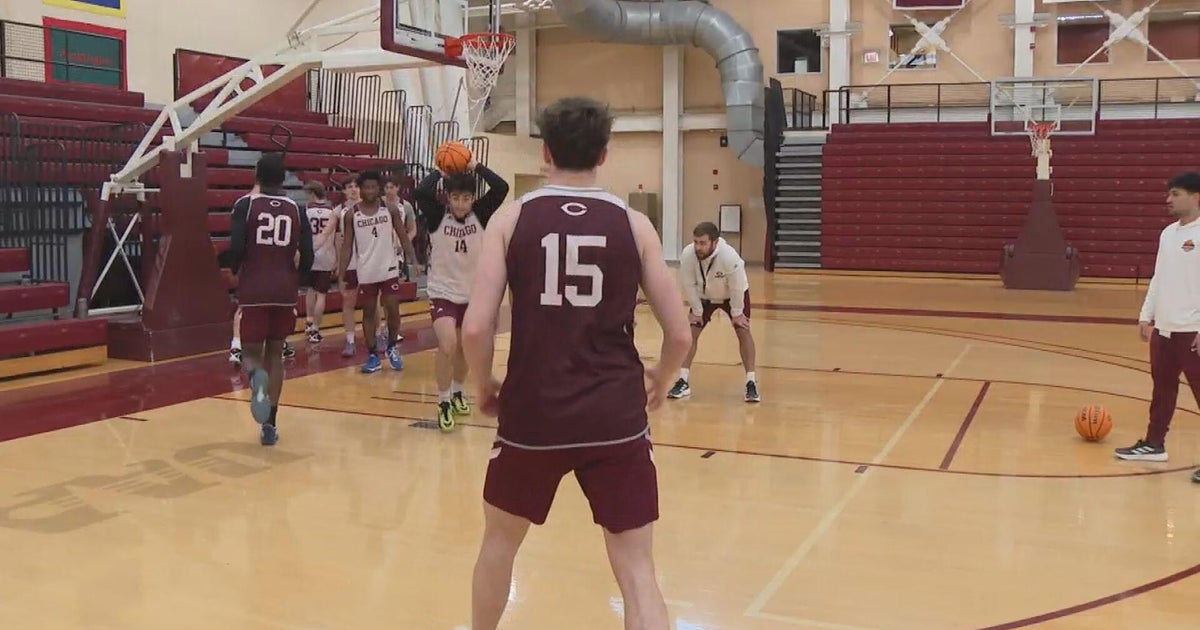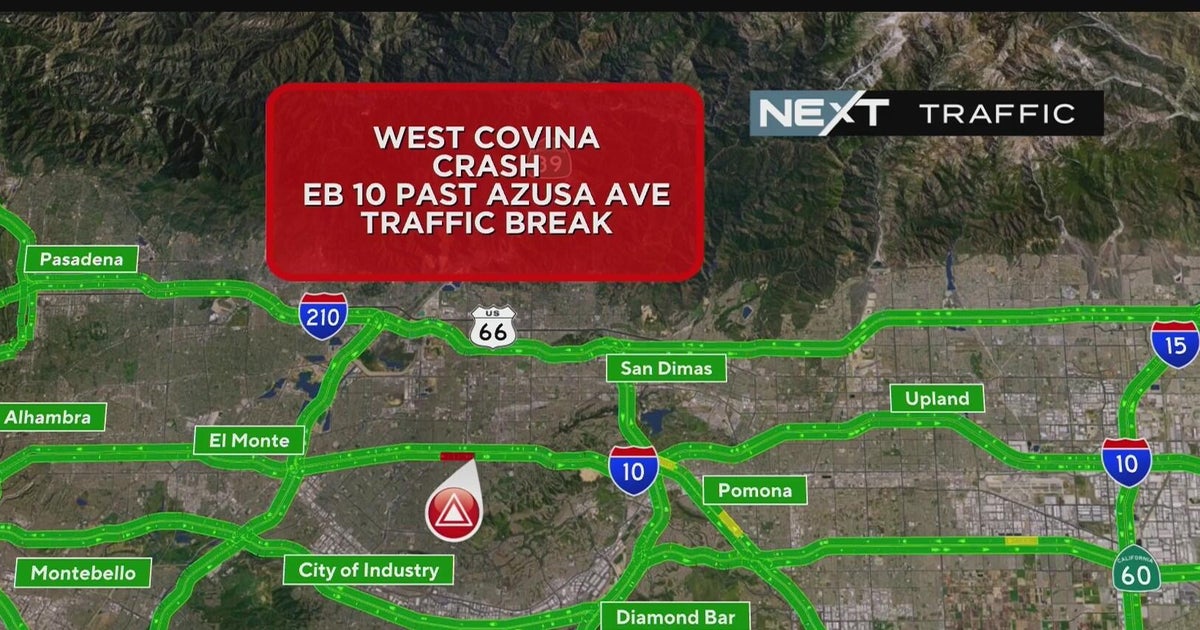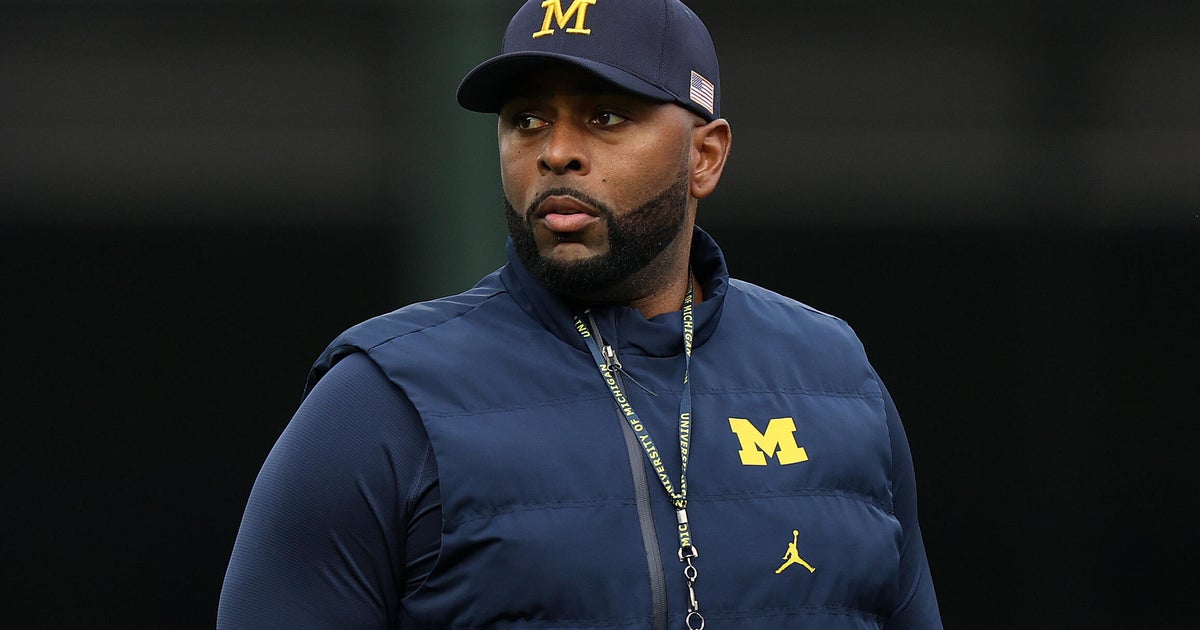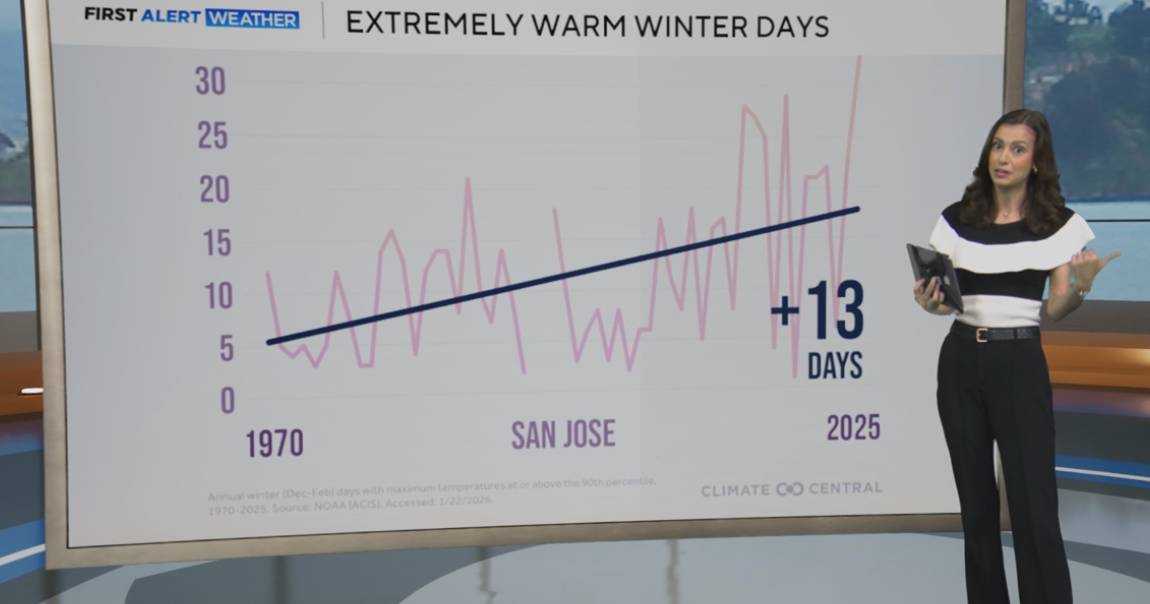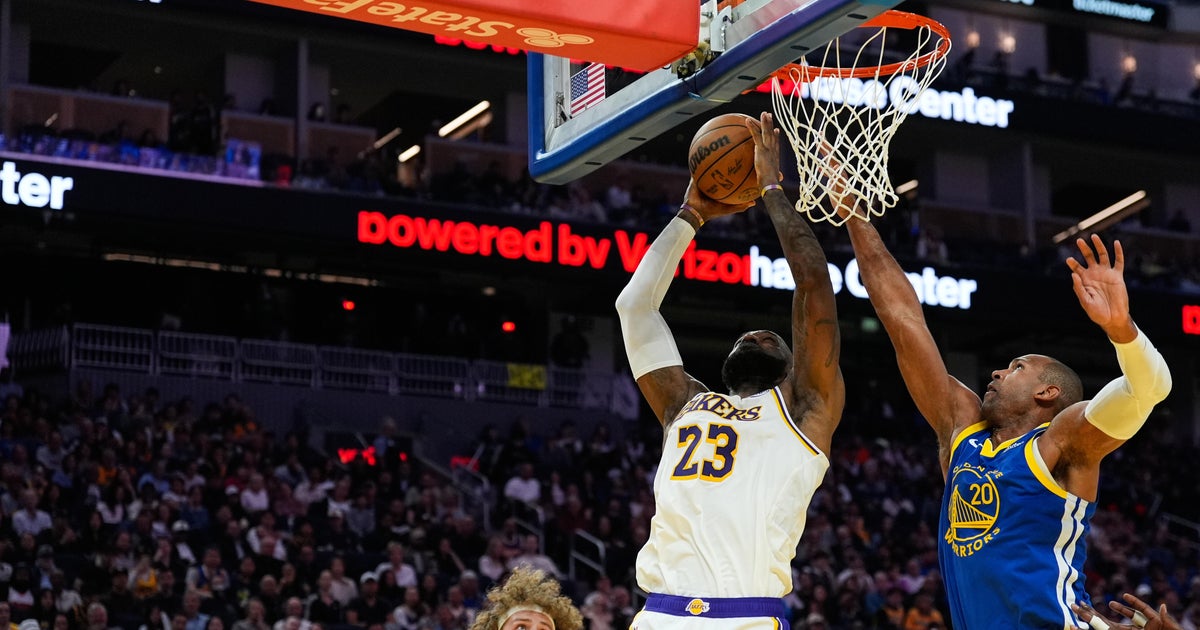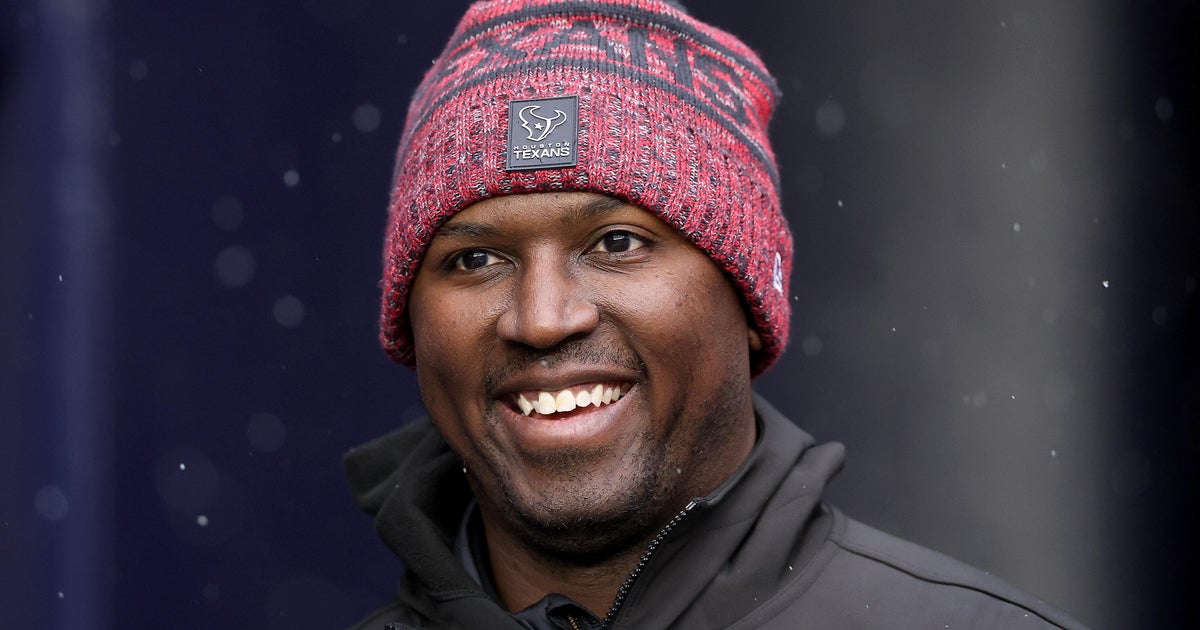A Trip Down Memory Lane: Revisiting The Patriots' Eight Super Bowl Appearances
BOSTON (CBS) -- For the ninth time in franchise history, the New England Patriots are in the Super Bowl.
That's a new NFL record for appearances in the big game, as the Patriots look to become just the fourth team to win five Lombardi Trophies when they square off with the Atlanta Falcons in Houston, Texas on February 5.
Heading to the Super Bowl has been common practice for the Bill Belichick-Tom Brady led Patriots, who are heading to their record seventh championship game together. So let's take a trip down memory lane and revisit New England's first eight Super Bowl appearances as we await the arrival of Super Bowl LI:
Super Bowl XX: Chicago Bears 46, New England Patriots 10
The Patriots made their first Super Bowl appearance in 1986, meeting up with a juggernaut of a foe in the Chicago Bears.
Led by head coach Mike Ditka, the Bears went 15-1 in the regular season and posted a pair of playoff shutouts en route to Super Bowl XX at the Superdome in Louisiana. The Patriots, meanwhile, were a Cinderella story, going 11-5 in the regular season and then breaking off three road wins to get to the big game. New England beat the Miami Dolphins, the only team to beat the Bears that season, in the AFC Championship game for their first win at the Orange Bowl in nearly 20 years.
The Patriots scored first, getting a field goal off a Bears fumble just 1:19 into the game, but it wasn't a contest from that point on. The Bears got two rushing touchdowns from quarterback Jim McMahon and one from William "Refrigerator" Perry, and returned a Steve Grogan (who replaced Tony Eason at quarterback) interception for a touchdown en route to a 46-10 victory.
As it was the whole season, the Bears defense was the story of the game. The Patriots mustered very little offensively, finishing with just 123 total offensive yards, the second lowest total in Super Bowl history. They had -19 yards for the first half, and Eason became the first Super Bowl starting quarterback to fail to complete a pass, going 0-for-6. Grogan hit Irving Fryar for an eight-yard touchdown in the fourth quarter for New England's only touchdown of the game.
The Bears set Super Bowl records for sacks (seven) and rushing yards allowed (seven yards on 11 carries) as they won their first Super Bowl in franchise history.
Super Bowl XXXI: Green Bay Packers 35, New England Patriots 21
The Patriots were back in the Superdome for another Super Bowl 11 years later, with similar results to their first trip.
The Pats met up with NFL MVP Brett Favre and the Green Bay Packers, who were looking for the franchise's first title in nearly 30 years.
The scoring came fast and furious to start the game, with Green Bay jumping out to a 10-0 lead in the first quarter. But New England answered back with two touchdowns, with Drew Bledsoe finding Keith Byars and Ben Coates to give the Patriots a 14-10 edge. The 24 combined points in the first quarter were the most in Super Bowl history.
But after that, the Packers went on to score 17 unanswered points in the second quarter, including an 81-yard touchdown from Favre to Antonio Freeman to set a Super Bowl record.
The Patriots cut in to Green Bay's 27-14 halftime lead with a Curtis Martin 18-yard touchdown run late in the third quarter, but that was as close as New England would get. Desmond Howard returned the ensuing kickoff 99 yards for a touchdown, and finished with 244 total return yards to earn the game's MVP. Reggie White set a Super Bowl record with three sacks, as the Packers sacked Bledsoe five times and picked him off four times, including twice in the fourth quarter.
After the game, Bill Parcells left the team and went on to coach the New York Jets.
Super Bowl XXXVI: New England Patriots 20, St. Louis Rams 17
If you look up Cinderella story, you'll likely to find a picture of the 2001 New England Patriots.
In Week 2, franchise quarterback Drew Bledsoe was nearly killed by Mo Lewis of the New York Jets, and the season looked to be lost before it even really started. With Bledsoe out, the season was on the shoulders of a sixth round draft pick named Thomas Edward Brady.
The expectations were low for the Brady Bunch. But then they won 11 of the 14 games with Brady under center, and finished the regular season at 11-5 and AFC East champs. One of those losses came against the St. Louis Rams, who were heavily favored in a Sunday night game at Gillette. But the Patriots hung tough throughout the contest, and their 24-17 loss was a message that they could keep up with the best of the best.
A few months later, those two teams met again in the Super Bowl with the Rams 14-point favorites. It was a matchup with the NFL's best offense, known as "The Greatest Show On Turf," going up against one of the league's best defense. In the end, it was the defense that came out on top, as it usually does.
Back in New Orleans for the third time, this Super Bowl proved to be the charm for the Patriots. They were introduced as a team, and bullied Rams QB Kurt Warner and his receivers early and often. They jumped out to a 7-3 lead in the second quarter when Ty Law picked off Warner and returned it 87 yards for a touchdown, and a Brady-to-David Patten touchdown gave them a 14-3 edge heading into halftime.
St. Louis didn't score their first touchdown until early in the fourth quarter, a Warner two-yard run to make it 17-10 New England, but they evened things up with just 1:30 left when Warner found Ricky Proehl for a 26-yard strike.
With no timeouts, John Madden said on the game broadcast that Brady and the Patriots should just take a knee and head to overtime. How silly that seems now.
Starting on their own 17-yard line, Brady put together a 36-yard drive that had New England at the St. Louis 30 with just seconds left. On came Adam Vinatieri, who calmly booted a 48-yard field goal as time expired, giving the Patriots a 20-17 victory and their first Super Bowl in franchise history.
Brady was 16-for-27 for 145 yards and a touchdown, and took home game MVP honors.
Super Bowl XXXVIII: New England Patriots 32, Carolina Panthers 29
After missing the playoffs as defending Super Bowl champs in 2002, the Patriots were back in the big game the following season after going 14-2 in the regular season. While they entered seven point favorites against the Carolina Panthers, the game would prove to be one of the best in Super Bowl history.
With Rodney Harrison added to the defensive backfield, the New England D was one of the best units in the NFL. They entered the Super Bowl fresh off a four-interception day against Peyton Manning and the Indianapolis Colts in the AFC Championship, and were primed to pick apart Panthers QB Jake Delhomme.
While the game was scoreless for the first 27 minutes, once the offenses got going they really got going. Brady hit both Deion Branch and David Givens for five-yard touchdowns in the second quarter, while the Panthers got a 39-yard touchdown reception from Steve Smith and a field goal to make it a 14-10 Patriots lead at the half.
The two teams again went scoreless in the third quarter, but exploded for another offensive flurry in the game's final frame. The Pats and Panthers combined for a Super Bowl record 37 points in the fourth quarter, and once again the Patriots found themselves in a tight game in the final minute.
Brady hit linebacker Mike Vrabel for a one-yard touchdown with just 2:55 left to play to give the Pats a 29-22 edge, but this one was far from over. Proehl, now on the Panthers after scoring the game-tying touchdown for the Rams two years earlier, did it again with a 12-yard score to knot the game at 29-29 with 1:08 left to go.
But Carolina kicker John Kasay sent the ensuing kickoff out-of-bounds, setting Brady and the New England offense up at the NE 40-yard line. Brady put together another game-winning drive, hitting Branch for a huge 17-yard gain on a 3rd-and-3 play, which set up Vinatieri for another game-winning kick. Vinatieri booted a 41-yard field goal with just four seconds left to play, and the Patriots were Super Bowl champs for the second time in three seasons.
Brady completed 32 of his 48 passing attempts for 354 yards and three touchdowns and was named the game's MVP for the second time in his career.
Super Bowl XXXIX: New England Patriots 24, Philadelphia Eagles 21
The Patriots tightened their stranglehold on the NFL with another 14-2 regular season and were back in the Super Bowl the very next year, looking to secure the "Dynasty" title that many said would only be earned with a third championship in four years.
Standing in their way this time was Donovan McNabb, Terrell Owens and the Philadelphia Eagles, who went 13-3 in the regular season and finally made it to the big game after three straight seasons of falling in the NFC Championship.
The Patriots were again seven-point favorites heading into the game, but many felt the Eagles' offensive attack would be too much for them. Eagles receiver Freddie Mitchell gave New England some more bulletin board fodder, calling out Harrison ahead of the game. What a goof.
The tilt was close throughout and things were all tied at 14-14 after three quarters. But the Patriots got a touchdown run from Corey Dillon and a field goal from Adam Vinatieri to put them up 24-14. Despite a late touchdown by McNabb to cut it to 24-21 with 1:48 left, the Eagles couldn't pull off the comeback. Harrison picked off McNabb on his final pass of the game, giving him two interceptions for the game.
Mitchell finished with just one catch for 11 yards. The man he called out leading up to the game finished with more catches than he did that evening in Jacksonville.
With the win, the Patriots became just the second team in NFL history to win three Super Bowls in four years, and first team to repeat since the Denver Broncos did so in 1997-98.
Deion Branch was named the game's MVP after finishing with 133 receiving yards on a Super Bowl record 11 catches.
Super Bowl XLII: New York Giants 17, New England Patriots 14
This is the part where we'll warn you to stop reading, just in case there are still some deep wounds from 2007.
The Patriots were spectators for the next three Super Bowls after winning back-to-back titles, but flirted with history when they finally returned to the championship game.
The Patriots rolled through a 16-0 regular season in 2007, with Tom Brady and Randy Moss breaking every passing record imaginable. After a hard-fought AFC Championship win over the San Diego Chargers, the Patriots were off to Glendale, Arizona with hopes of completing a perfect 19-0 season.
In their way was the New York Giants, who snuck into the playoffs and had to win three road games to get to the Super Bowl. The Giants battled the Patriots hard in Week 17 of the regular season, eventually losing that contest 38-35. The second time around, the Giants were not intimidated by the offensive onslaught of the Patriots and pressured Brady throughout the evening. The Pats' QB was sacked five times and was held to 266 passing yard and just one touchdown.
Trailing 10-7 late in the game, the Pats took the lead with 2:45 left to go on a Brady-to-Moss touchdown. It was then up to the defense, who couldn't come through with a stop.
It didn't help that this play occurred (we told you to stop reading):
And just four plays later, Eli Manning hit Plaxico Burress from 13 yards out to put the Giants back on top 17-14. Brady was sacked once on New England's last drive, and all three of his deep pass attempts fell incomplete as the perfect season that was not came to a brutal end.
Super Bowl XLVI: New York Giants 21, New England Patriots 17
The Patriots and Giants were squaring off in the Super Bowl once again four years later, and once again the results didn't end favorable for New England fans.
The Patriots put together an impressive 13-3 regular season and made it back to their seventh Super Bowl in franchise history after escaping with a 23-20 win over the Baltimore Ravens in the AFC Championship at Gillette. The Giants once again snuck into the playoffs after going 9-7 in the regular season, but proved again that they save their best performance for last.
New York jumped out to a 9-0 lead after Tom Brady was hit with an intentional grounding penalty while in the end zone, resulting in a safety. The Giants took the ensuing free kick and drove 78 yards down the field, with Manning hitting Victor Cruz for a two-yard touchdown.
The Patriots came storming back with 17 unanswered points, and had a 17-9 after a 12-yard touchdown to Aaron Hernandez with 11:25 left in the third quarter. But that was the last time the Patriots would score, while the Giants chipped away at the lead with a pair of field goals.
Clinging to a 17-15 advantage, the Patriots were in Giants territory late in the fourth quarter and looking to kill some clock. Brady went Wes Welker's way on a second-and-11 pass, but the receiver couldn't come down with a catch he would normally make 10 times out of 10. Another Brady pass fell incomplete on the next play, and New England was forced to punt the ball away.
Manning and the Giants put together an 88-yard drive capped off with a six-yard touchdown run by Ahmad Bradshaw that gave New York a 21-17 lead with 57 seconds to go. The Patriots got to midfield, but Brady's Hail Mary attempts fell harmlessly incomplete, and the Giants got the best of New England in another Super Bowl.
Super Bowl XLIX: New England Patriots 28, Seattle Seahawks 24
It was a battle of two No. 1 seeds as the Patriots took on the defending champion Seattle Seahawks in Phoenix, one that finished with a storybook ending.
Unfortunately for the Patriots, they had to deal with a soap opera for the two weeks leading up to the big game, with their AFC Championship trouncing of the Indianapolis Colts also serving as the birth of DeflateGate. Questions about Brady's footballs were aplenty over those 14 days between games, but at least Bill Belichick kept us entertained with a great My Cousin Vinny reference.
As for the game itself, it was one of the best Super Bowls we'll ever see. Nothing was decided after the first 30 minutes of play, with the teams heading to the locker room tied 14-14, but the Seahawks jumped out to a 10-point lead by the end of the third quarter. That's when Brady and his fully inflated footballs went off.
The quarterback was surgical against the NFL's best defense in the fourth quarter, completing 13 of his 15 passes for 124 yards and two touchdowns. He cut Seattle's lead to three with a 68-yard drive that ended with a four-yard touchdown to Danny Amendola, and after the defense forced a quick three-and-out, Brady gave New England the lead with a 64-yard drive that ended with a three-yard score to Julian Edelman with 2:02 left on the clock.
But the fun was just beginning. The Seahawks marched down the field and were at the New England 5-yard line with just over a minute to play. Marshawn Lynch took a handoff from Russell Wilson, but linebacker Dont'a Hightower was able to bring him down at the 1-yard line. It seemed like a no-brainer to give the ball back to Lynch to pound it into the end zone, but Pete Carroll had other plans. He called for a pass play, one the Patriots were ready for. Brandon Browner delivered a crushing screen and undrafted rookie Malcolm Butler made a game-saving interception on a pass intended for receiver Ricardo Lockette. A few moments later, Tom Brady was taking a knee and the Patriots were Super Bowl champs for the fourth time in franchise history.
Brady was named Super Bowl MVP for the third time in his career after completing 37 of his 50 passes for 328 yards and four touchdowns. He kept the award, but gave the truck he received to Butler.
